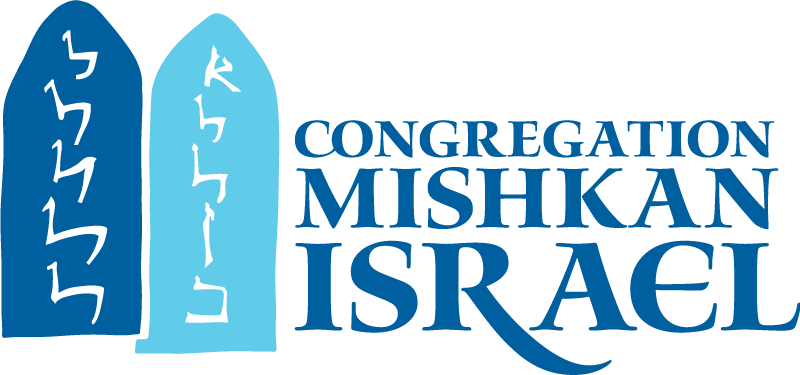Learning and Growing
Friends,
This week, as we conclude the book of Numbers, we recount the journey of the Israelites from Egypt. As the they stood on the banks of the Jordan river, they were about to experience profound change after 40 years of wandering in the wilderness. They recalled their history in order to understand their present and future. In 2020 we are experiencing profound change in our world and look to history as a guide. Yet, we also are learning that our understanding of history might differ from our neighbor’s. We might learn that our narrative is different depending on how we and our ancestors experienced past events.
When people or communities present conflicting narratives it is easy to claim that the other is attempting to “re-write the past.” We all bring different and valid perspectives that shape who we are in the present and future. At times this is frustrating and can cause us to disengage entirely from the task of tikkun olam, repairing our world. As we work to create a more peaceful and loving future, our tradition also teaches us that disagreement, while frustrating, is a holy process and must not cause us to fracture our community.
We learn in our Mishneh from 2000 years ago that “even though the academy of Shammai declares one thing kosher while the academy of Hillel declares the same thing not kosher…the academy of Shammai did not refrain from marrying the women of the academy of Hillel, nor did the academy of Hillel refrain from marrying the women of the academy of Shammai. Even though one side declares things to be pure while the other side declares the same thing to be impure, neither of them refrained from using the utensils of the others for the preparation of food that was ritually clean.”
(Mishnah Yevamot 1:4)
No matter how we understand our past, when we work to create wholeness, Shalom, in our world we must act like the House of Hillel and Shammai and remain united as a community.
In this same light, I know that many in our CMI family have been concerned about the terms we have used to discuss recent events, especially the dichotomy of racist vs. anti-racist. Our two sessions on anti-racism, beginning tomorrow night, are intended to bring everyone together for conversation of all perspectives in order to determine what the appropriate path forward will be for our community. Thus, we are renaming them “Confronting Racism” which we hope will be more inclusive. We have two agenda items – learning about racism from a Jewish perspective and focusing our energy on a specific issue. Our CONECT team has lifted up many issues for us to consider, including but-not-limited-to voting, housing, education, income-inequality, and policing. These sessions will be respectful conversations and we hope that you are able to join us and share your opinions and ideas as well.
I look forward to learning and growing with you as we create a more loving and peaceful world. With blessings of health, courage, and comfort,
Rabbi Immerman
